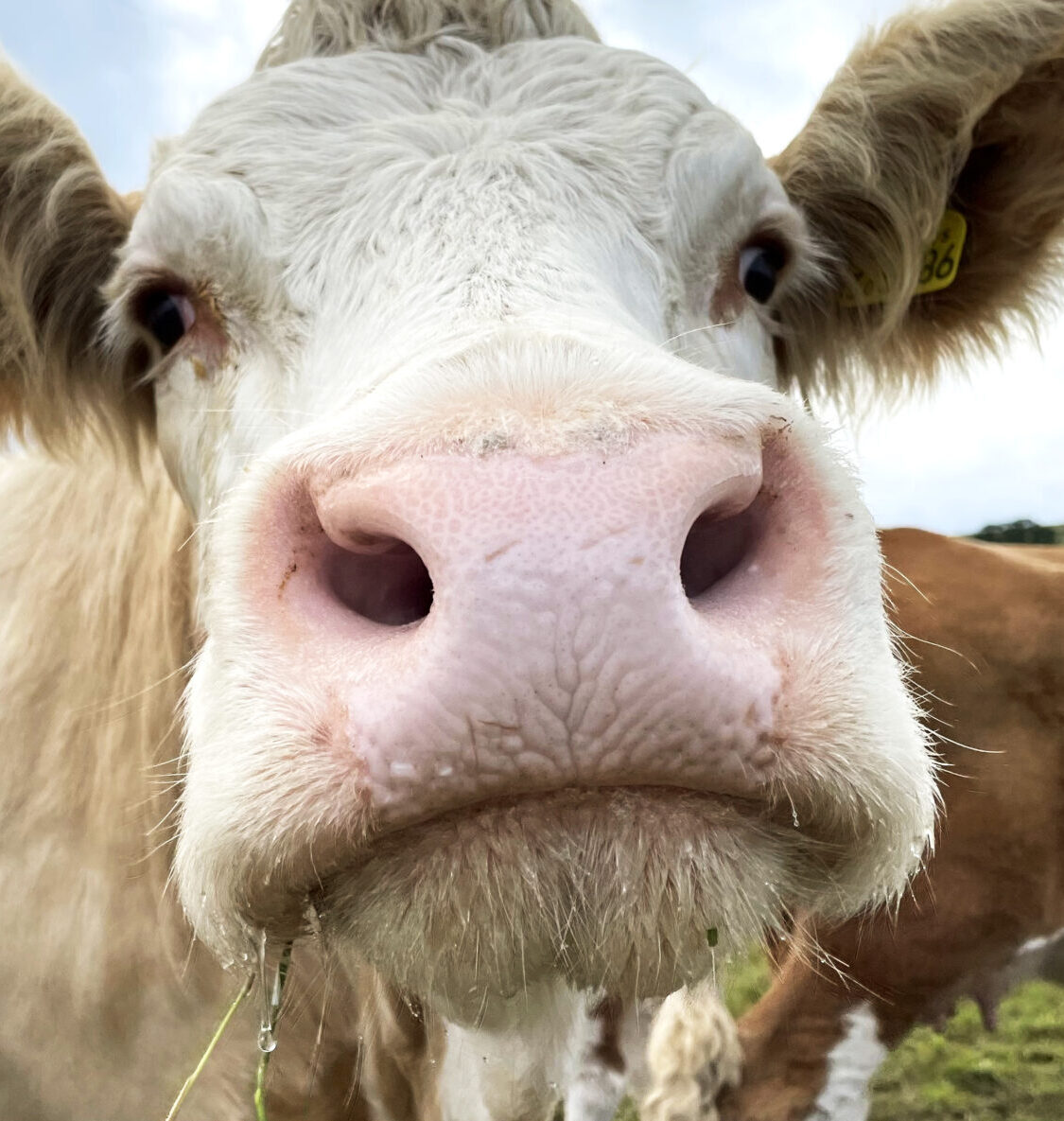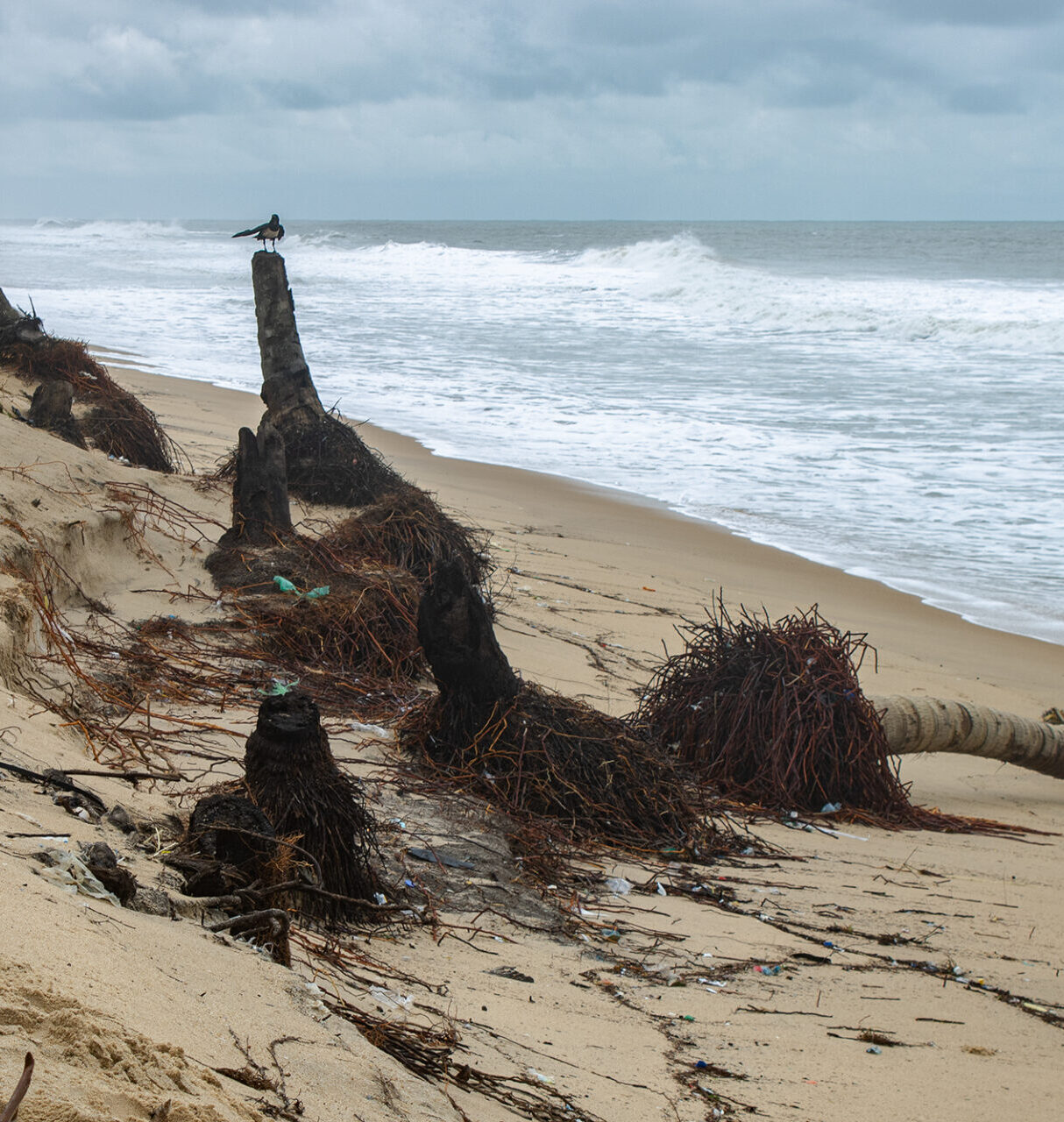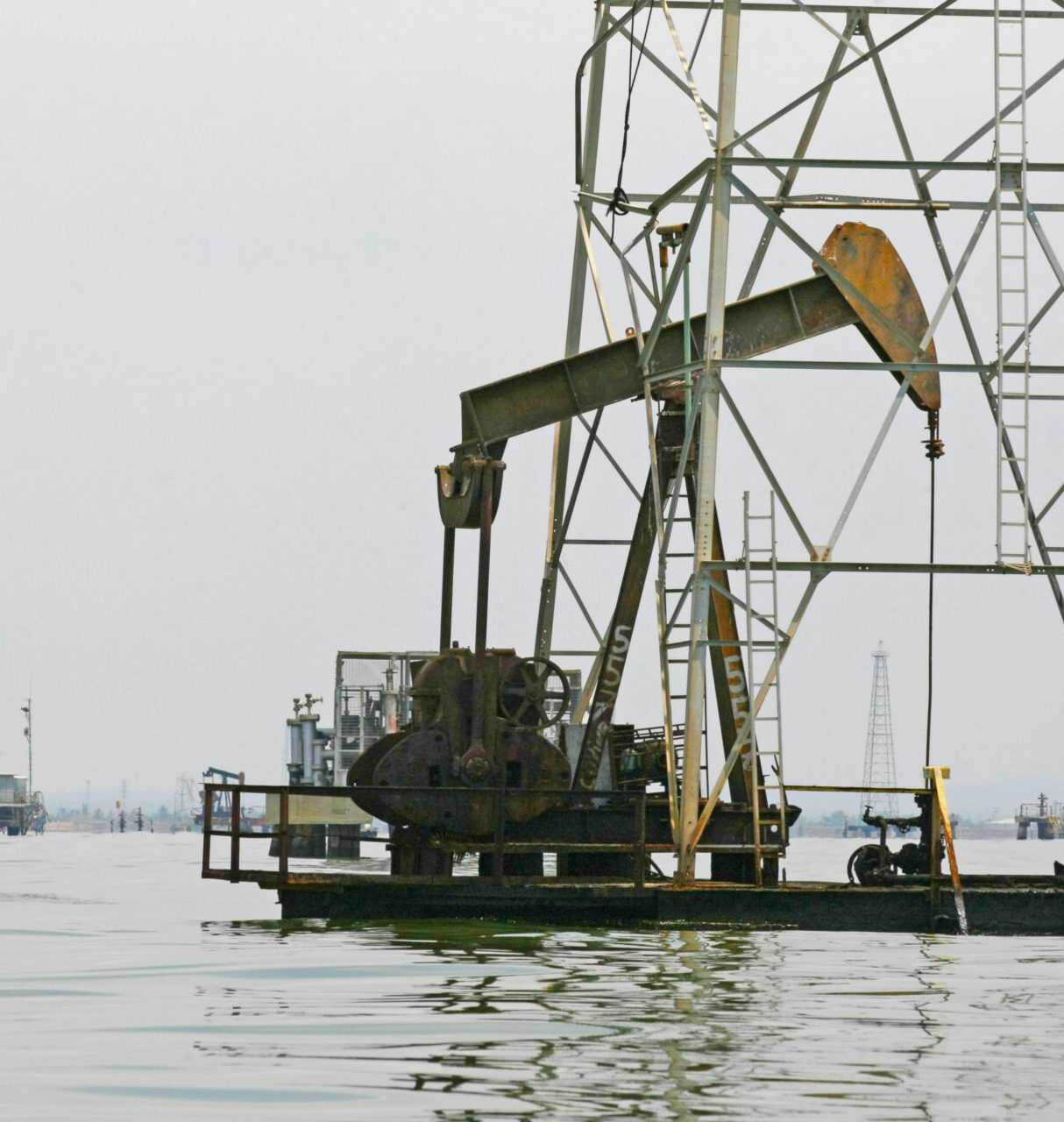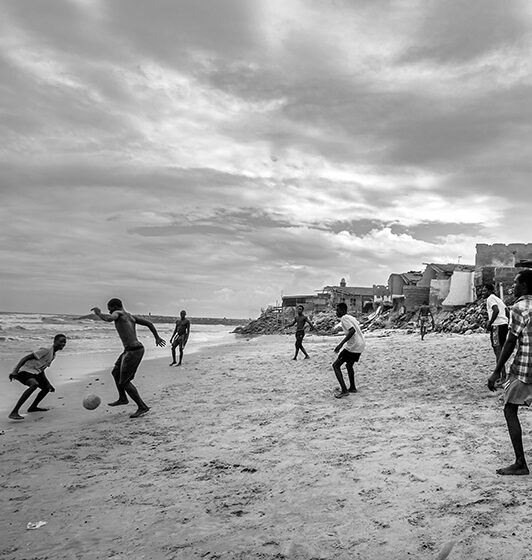Melting Ice, Dirty Air: Two New Burke Climate and Health Fellows Will Tackle Pressing Questions
In February 2023, the Salata Institute for Climate and Sustainability, in partnership with the Harvard Global Health Institute, announced the Burke Climate and Health Fellowship: a 2-year fellowship program for eligible research fellows, post-doctoral scholars, and early career faculty pursuing scholarly research at the intersection of climate change and global health. The Burke Climate and Health Fellowship is made possible through the generous support of Harvard alumna Katherine States Burke, AB’79, and her husband, T. Robert Burke, who established the Burke Fund to help launch and advance the careers of promising early career researchers in global health.
Annikki Herranen-Tabibi: Land, Life, and Health in a Thawing Arctic
Annikki Herranen-Tabibi is a medical and environmental anthropologist of the Circumpolar Arctic. She is engaged in long-term ethnographic research in Sápmi, the transborder homeland of the Indigenous Sámi people. As a Burke Climate and Health Fellow, Herranen-Tabibi will conduct research on the health effects of climate-induced disruptions to webs of Arctic subsistence livelihoods – and diverse responses to those effects – in Sápmi.
With a focus on cryosphere collapse (the accelerating retreat of ice) in Sápmi, Herranen-Tabibi will consider individual and collective practices of caring for land and land-based knowledge amidst these climate-induced transformations. “This study foregrounds not only the adverse health effects of accelerating climate change, but also the intergenerational striving to sustain Indigenous well-being and sovereignty in its midst,” said Herranen-Tabibi.
Herranen-Tabibi’s work, conducted under the mentorship of David Jones, will prioritize the co-generation of knowledge with the Sámi people. “It is vital for research at the climate-and-health nexus to serve the needs and priorities of the communities with which we work – this is why my fellowship project is grounded in consultation and long-term collaboration with local Sámi communities in Ohcejohka, where I have conducted research since 2014,” said Herranen-Tabibi. “Creating space for our scholarship to be shaped by such partnerships, from the research questions to the dissemination of research products, is critical to addressing the research needs of Arctic communities at the front lines of climate change.”
Working with the Sámi people, Herranen-Tabibi hopes to produce new insights about climate impacts in the region, including the psychosocial impacts of the precarity or loss of culturally significant species and livelihood practices; growing concerns about contamination amidst permafrost thaw; and the physical health effects of climate-induced dietary changes. These contributions would help advance a policy dialogue with national governments and the global health and scientific communities that is grounded in Arctic Indigenous lived experience.
Jenny Lee: Developing a Causal Inference Method to Assess the Health Impacts of Long-Term Exposure to Air Pollution on Low-Income Children in the U.S. Medicaid Program
Jenny Lee is a Harvard-trained biostatistician whose research focuses on developing statistical and causal inference methods for some of the most complex data in environmental health. Dr. Lee’s previous work has focused on assessing the health impacts of air pollution on vulnerable populations, including pregnant women, children, and the elderly. As a Burke Climate and Health Fellow, Dr. Lee will work with Francesca Dominici and Rachel Nethery of the Harvard T. H. Chan School of Public Health to study the adverse health effects of air pollution on socioeconomically disadvantaged children in the U.S.
“The adverse health impacts of air pollution are known to be particularly pronounced among children as their immature respiratory, neurological, and immune systems are still developing,” said Dr. Lee. “Socioeconomically disadvantaged children may face even greater challenges, as they are more likely to reside in areas with higher air pollution levels, limited access to healthcare, increased prevalence of underlying diseases, and potential financial constraints in mitigating exposure risks.” Despite these challenges, there has been minimal characterization of the adverse effects of long-term fine particulate matter exposure on socioeconomically disadvantaged children using nationwide Medicaid claims data, especially using a causal inference approach.
Using claims data from the U.S. Medicaid program, which provides health coverage for approximately 40% of children in the U.S., Dr. Lee will work to address that gap in knowledge. Together with Drs. Dominici and Nethery, Dr. Lee will use this data to investigate the causal exposure-response curve between exposure to air pollution and respiratory hospitalization in socioeconomically disadvantaged children. Taking this approach may yield valuable results. “Causal inference in the field of climate change and health focuses on identifying whether environmental exposures resulting from climate change directly cause changes in health outcomes, as opposed to just observing correlations or associations,” said Dr. Lee. “In the context of climate solutions, causal inference methods play a crucial role in identifying and understanding the impact of various interventions, policies, and actions on the climate system, which is essential to providing actionable insights for policymakers and for making informed decisions to mitigate and adapt to climate change.”










